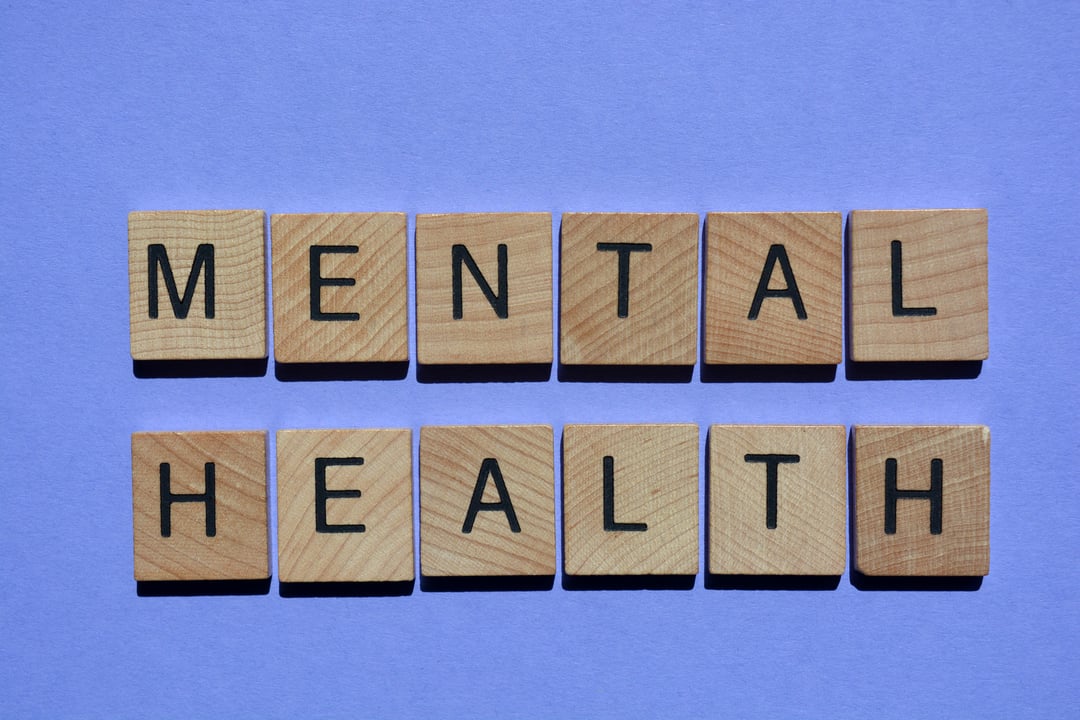Therapy is an essential part of self care and healthy living. Successful therapy means individuals can develop and maintain their mental and emotional health, and can sustain productive and positive relationships with others. Various tools can be used to guide clients’ awareness and reflection, even within complex and nuanced relationships and situations. While powerful, therapy can be a challenging, even painful process.
What is often not considered in this therapeutic journey, is the cognitive profile of clients. That is, the unique strengths and weaknesses of the core cognitive functions that are responsible for non-verbal communication, problem solving, insight, memory, judgment and analysis. The degree to which clients can wholly benefit from therapy - is directly related to their cognitive capacities in these core functions.
This blog asks, are there specific cognitive processes key to mental health? And if so, can they be improved, thereby enhancing the therapeutic progress?
What Core Cognitive Function Shapes The Therapeutic Process?
Among others (see Quick Guide to Cognitive Functions blog) Symbol Relations plays a fundamental role in our ability to understand our own thoughts and behaviours, the behaviours of others, and the world around us. It is a key component that allows us to take the perspective of others and to develop empathy. It is a higher-order cognitive function that is responsible for understanding and connecting ideas necessary for insight.
Involved in reason, logic, and processing relationships and concepts, the Symbol Relations cognitive function is acutely necessary in everyday life, and in virtually every task we face.
It is critical to one’s ability to:
- Understand and quickly grasp what is read and heard
- Use logic to process conceptual information (logical reasoning)
- Gain insight
- See connections between ideas
- Understand cause and effect
- Make rational and considered decisions
- Take the perspective of another
Therapists, clinicians, and counselors rely on these intellectual processes to guide their clients. Symbol Relations enables clients to make breakthroughs in their therapeutic journey, understand their triggers and unhealthy patterns, and make connections between their emotions and behaviour.
How Does Symbol Relations Impact Mental Health and the Therapeutic Process?
Individuals with a difficulty in the Symbol Relations cognitive function can often feel like their life is a series of random, unconnected events, like a jigsaw puzzle whose pieces never fit together to create a meaningful whole - resulting in a fractured, fragmented sense of self that significantly impacts mental health.
Not only is the individual struggling in their everyday life, but the help they seek in therapy cannot be fully realized due to the difficulty in this critical cognitive function. Simply put, having a weak Symbol Relations can make reasoning (necessary for insight, and critical to the therapeutic process) difficult - and sometimes even impossible.
Symbol Relations Can Be Strengthened Through Neuroplasticity
There’s good news. Arrowsmith has shown that through the application of neuroplasticity (our brain’s ability to change, grow dendrites, make new connections, strengthen existing connections and grow new neurons) we can fundamentally change the brain’s capacity to learn and understand the world.
By applying the principles that drive positive neuroplastic change, Arrowsmith’s cognitive exercises target specific cognitive processes of the brain, including the Symbol Relations function. Studies have shown gains in this function lead to physiological and functional changes in the brain. These changes mean an enhanced capacity to learn and perform across all domains of life, including academic, professional, social and emotional.
In just 3 months of participation in the cognitive exercise, participants strengthen the Symbol Relations function and they begin to understand themselves and the world with greater clarity, process information more quickly and more accurately, and make sense of events from the past and the present.
Participants now have the cognitive capacity to make connections and understand the reasons behind events in their lives. They begin to experience control, and see themselves as agents of change in their lives.
“Strengthening the functionality of the Symbol Relations cognitive function enables the individual to understand and make sense of themselves, of others and their world. These individuals experience an increased ability to learn and understand social and emotional behaviours that were once lost to them.”
Barbara Arrowsmith-Young, Founder of the Arrowsmith Program
Read our blog, Benefits of Strengthening the Symbol Relations Cognitive Function with the Cognitive Intensive Program, to learn more about the Symbol Relations cognitive function and the benefits of strengthening it.
How Strengthening the Symbol Relations Cognitive Function Supports the Therapeutic Process
As the Symbol Relations cognitive function improves, individuals are able to evaluate events in their lives with insight. They are able to understand the ‘why’ of their behaviour and of the behaviour of others.
This has significant implications when it comes to supporting the therapeutic process. Increased insight and clarity means clients are now able to make sense of past experiences, and make connections to events that they were not able to understand previously.
Strengthening of Symbol Relations in addition to working with a therapist enables individuals to understand, process and heal the past. A sharper brain enables more direct access to life enriching - often life saving - therapy.
“One of the most wonderful things about this exercise (Symbol Relations) is that it creates the capacity to talk about events, not simply react to flashbacks. They (patients) can recognize that they are not in the past and they can build links to the future.”
Dr. Sheila M. Furey, MD, Psychiatrist
“Once they were liberated from the cognitive deficits, they could go back and deal with other garden-variety psychotherapeutic issues and make progress at times much more quickly.”
Dr. Norman Doidge, MD, Psychiatrist and author of The Brain That Changes Itself
"It's like a year and a half of psychotherapy suddenly all started to make sense. When I am talking to my therapist. We can talk about how to move forward because the understanding piece is now there."
Shannon, client
By improving Symbol Relations, clients engaged in therapy share that they have a deeper understanding of themselves. They are able to process the information in the sessions because they can now understand events from the present and the past and can learn from their experiences to make different choices for themselves. By combining cognitive exercise and therapy these individuals are now able to integrate their learnings and make faster and more meaningful progress in the therapeutic process. More information on these benefits can be found here.
Cognitive change is possible by strengthening the brain. Personal change is possible by examining the past to heal the present and create a positive future. Improved cognitive functioning supports the therapeutic process, helping the healing to move forward.
If you are interested in bringing Arrowsmith to your clients, your clinical setting or would like more information about how our programs work, book a meeting today.
Tags:
Cognitive Exercises
September 25, 2023



